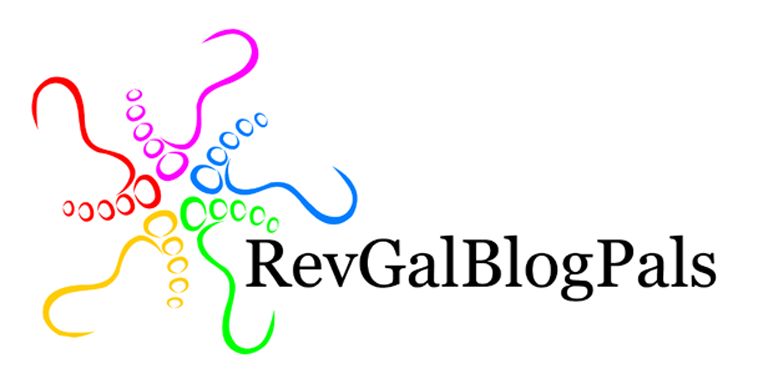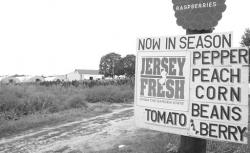 Finishing a series on elements of the earth: the meanings and metaphors found in the scriptures. This week is Land. The texts I've chosen are: Genesis 2:4b-15, Deuteronomy 5:32-6:3, Mark 4:26-32. They provide a mix of the use of the word for ground, adamah in the Hebrew. In the first, man or adam, comes from the adamah, ground. And adam is given responsibility for working and serving the ground. In the second, the people are reminded of a promise that if they keep the statues of the Lord, then it will go well with them on the ground, or in the land. The last text is the parable of the mustard seed, small and yet with large potential when placed in the ground. What does it mean to us, for us that we are from the ground? Created, as told in the second creation story, from the ground, of the ground. We share the DNA as it were of the earth beneath our feet. In the height of the farming season, August in NJ is lush. Everything is green and fruitful. Tomatoes are plentiful; sweet corn if available on every other corner. Peaches and cantaloupe are served for dessert. We share the DNA of this fruitful place we call home. We have lost so much connection to this home of ours though. The earth and its land seem distant, they are separate from us. It seems we are runaways of sorts. We have created life and livelihoods away from the land. Our food goes through many hands, and comes to us often from distant factories. We drive through this home of ours in our individual climate controlled vehicles. I would argue that not only are we disconnected from the land outside of ourselves, we are disconnected from the fiber of our own beings. Our physical life, our breath, our skin, our nerves and joints often go unnoticed or if noticed, medicated so as to be unnoticed. Stop for a second and breath a few times. Seriously, stop. Feel your insides. What's going on? Is your breath even, or is it choppy? Scan your body starting at your feet. Wiggle your feet. Roll your ankles. Bend your knees. Take a breath and imagine blood circulating through your legs. Shift in your seat. Twist your torso. Stretch your arms overhead and take another deep breath. As you breathe out, rest your arms at your side. Roll your shoulders - front and then back. Turn your head side to side. Breathe again. Close your eyes. Open them. Close them again for longer and imagine blood up your arms and around your heart. Feel for your stomach. Can you find it in your inner mind? Or how about your lungs? Turn your attention to your ears. Listen. What sounds are around you right now? This body of ours is our home, made from the land. Called to serve the land. Given the promise of the land. A land that is lush and fruitful. We are lush and fruitful. We have the potential to grow into more than we imagine. All we need is a proverbial mustard seed. What that might be for you and your community?
0 Comments
I went off lectionary before Easter and then life got crazy and exciting as I led two churches to merge this past spring and summer. I'm back in the preaching saddle again, although the narrative lectionary doesn't start for a few more weeks. I'm in a four week series that teaches a form of literary interpretation called bricolage. Bricolage is the act of taking diverse things and allowing them to speak to one another to create meaning. I've chosen to use this method to look at how the scriptures speak about the elements of the earth: water, fire, wind and land. This week is Fire. 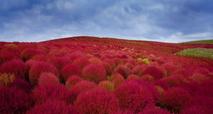
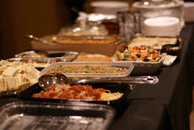
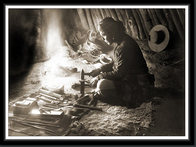
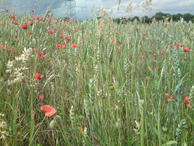
I'm drawn to the Malachi passage along with the Numbers passage. But am stumped by the fire that calls us and the fire that ultimately devours us. I think I'm letting go of the "us." Perhaps the eternal fire with weeping and gnashing of teeth is first hyperbole and second not about individuals but about behavior, ideas, systems, and the aspects of our world that are not "good."
If so, then what of our offerings? What of our gifts to the alter? How are these behaviors, ideas, gifts and sacrifices from us (individually but moreso collectively) righteous or made righteous? One thing remains true, the purifying process is universally felt. But we may have been misinterpreting the purpose of the refinement, the goal of the sacrifice and how when we see something on fire, we are drawn to examine it. |
Search this blog for a specific text or story:
I am grateful for
|

This work is licensed under a Creative Commons Attribution-NonCommercial-ShareAlike 3.0 Unported License.
